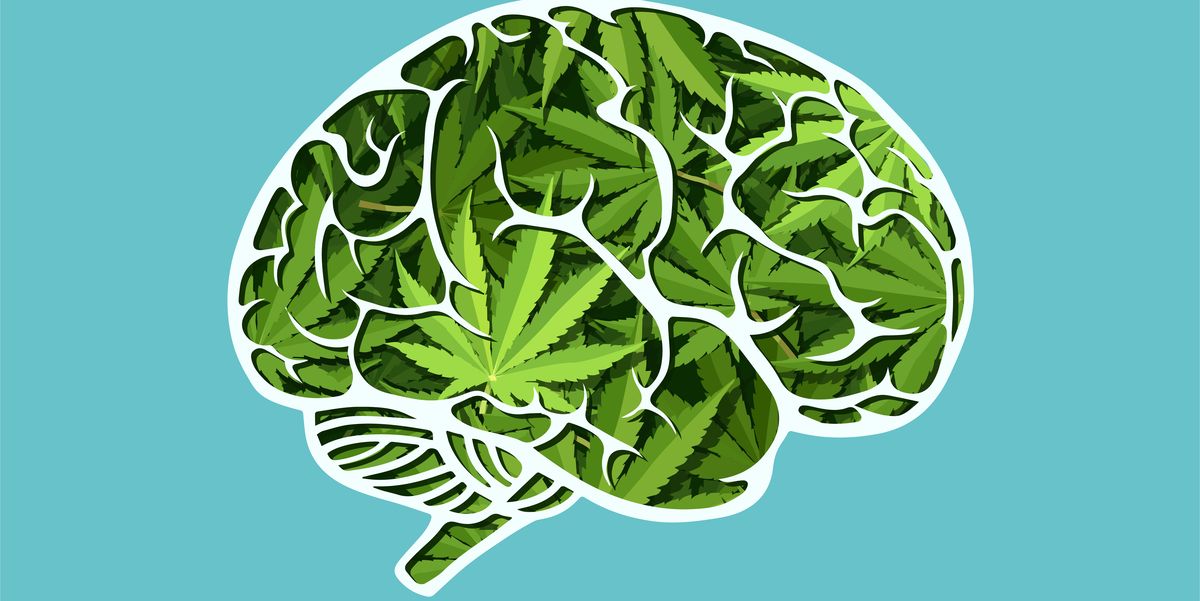TheFatBastard
Well-Known Member
Hi everybody,
I’ve been reading about how Cannabis can affect to our daily perception when you are not high, and how it can mess with our natural brain rewarding system. I remember watching the “Amy” (Winehouse) documentary when she got the Grammy, and instead of enjoy that exciting unique moment, she said something like “ oh, everything is so boring without drugs….” to a close friend. That made me think about how some activities I used to enjoy back in the past that now doesn’t seem to be so rewarding because I’d rather do them while high.
I found this article quite interesting:

 www.menshealth.com
www.menshealth.com
From the article: “Also unfortunate is that chronic exposure leads to substantial consequences. The brain adapts by downregulating the cannabinoid system so that without copious amounts of pot onboard, everything becomes dull and uninspiring”
I know this is the oppinion of a heavy addict, personal experience, etc, but sometimes I feel like I don’t enjoy certain activities that I use to do when vaping cannabis (hear music, watch a movie, play an instrument…) that much when I do that activities totally sober, which I used to enjoy before. Or maybe is just perception, because everything seems to be better when you enhance it with weed.
I’d like to hear your personal experiences, about the loss of interest in the “cannabis unenhanced world”, if you think that cannabis can mess with our naturally appreciation and enjoyment of life, making us craving for weed to have the same rewarding sensation from certain activities that were good enough to enjoy them without being high.
I’ve been reading about how Cannabis can affect to our daily perception when you are not high, and how it can mess with our natural brain rewarding system. I remember watching the “Amy” (Winehouse) documentary when she got the Grammy, and instead of enjoy that exciting unique moment, she said something like “ oh, everything is so boring without drugs….” to a close friend. That made me think about how some activities I used to enjoy back in the past that now doesn’t seem to be so rewarding because I’d rather do them while high.
I found this article quite interesting:

A Neuroscientist Explains What Weed Dependence Feels Like
"After I got sober, it took me a little over a year to go a single day without wishing for a drink, but it was more than nine years before my craving to get high abated."
From the article: “Also unfortunate is that chronic exposure leads to substantial consequences. The brain adapts by downregulating the cannabinoid system so that without copious amounts of pot onboard, everything becomes dull and uninspiring”
I know this is the oppinion of a heavy addict, personal experience, etc, but sometimes I feel like I don’t enjoy certain activities that I use to do when vaping cannabis (hear music, watch a movie, play an instrument…) that much when I do that activities totally sober, which I used to enjoy before. Or maybe is just perception, because everything seems to be better when you enhance it with weed.
I’d like to hear your personal experiences, about the loss of interest in the “cannabis unenhanced world”, if you think that cannabis can mess with our naturally appreciation and enjoyment of life, making us craving for weed to have the same rewarding sensation from certain activities that were good enough to enjoy them without being high.


 )
)